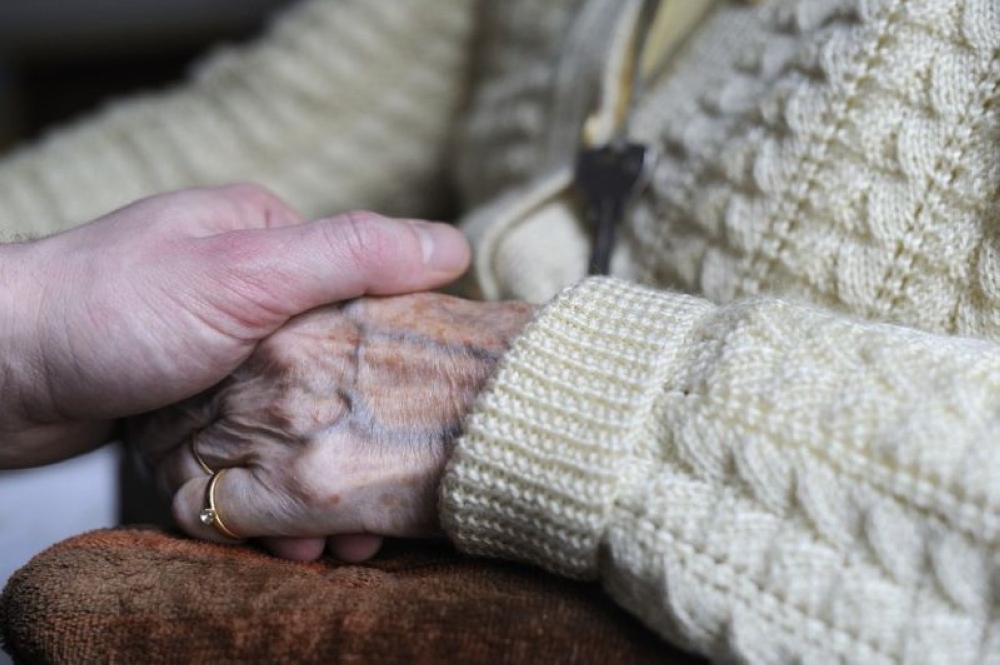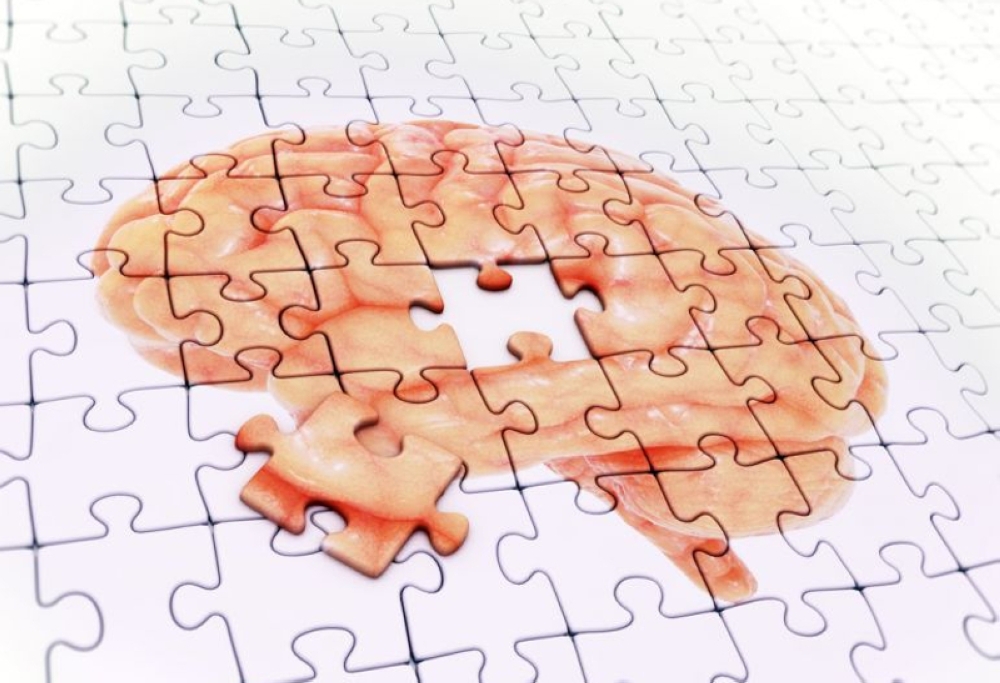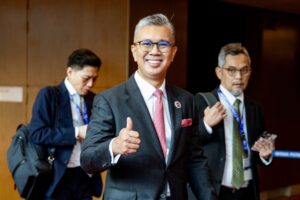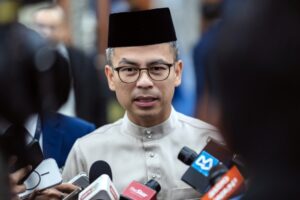KUALA LUMPUR, Sept 4 — When most people think of dementia, they picture a frail elderly person in their late 60s, struggling to recall a simple detail.
But here’s the lesser-known side of dementia: it can strike young adults in their prime — and even school-going children.
Unfortunately, young adults tend to brush off the early symptoms of dementia, often dismissing them as stress or depression — leading to the condition being underdiagnosed.
There are no official statistics available on the number of young-onset dementia cases in Malaysia.
However, Associate Professor Dr Liyana Najwa Inche Mat said that around 10 to 15 per cent of dementia cases occur in younger adults, citing international studies.
And since Malaysia currently has more than half a million people living with dementia, she estimates that young-onset dementia — which develops in people under the age of 65 — could account for several thousands of cases in the country.
Dr Liyana Najwa, who heads the neurology department in Universiti Putra Malaysia’s medicine and health sciences faculty, said the youngest dementia patient diagnosed at their Neuro-Geriatric Clinic was in their 30s.

Alzheimer’s Disease Foundation Malaysia (ADFM) resource and training manager Jenny Lim said sudden withdrawal from social life or prolonged isolation could be another tell-tale sign of young-onset dementia. – AFP file pic
So, how to spot signs of young-onset dementia?
Dr Liyana Najwa broadly categorised the progression of young-onset dementia into three stages:
- Early stage: Subtle memory lapses and mild thinking problems, such as forgetfulness, trouble finding words or difficulty managing complex tasks.
- Middle stage: More noticeable deficits, increasing inability to perform complex tasks, behavioural changes and increasing dependence on caregivers.
- Late stage: Severe memory and thinking problems, loss of speech, mobility issues and complete dependence on caregivers.
“Genetics play an important role, especially mutations linked to familial Alzheimer’s disease or frontotemporal dementia. So, family history is a strong warning sign,” she said.
Meanwhile, Alzheimer’s Disease Foundation Malaysia (ADFM) resource and training manager Jenny Lim pointed out that sudden withdrawal from social life or prolonged isolation could be another tell-tale sign of young-onset dementia.
“For example, a colleague who is usually bubbly and participates in activities suddenly starts avoiding activities or trying something new, saying they are either tired or not interested.
“People who are struggling to find jobs or struggling with depression can be at risk too — because they tend to avoid going out and instead spend most of their hours at home.
“When they live in prolonged isolation, their brain gradually becomes idle because they are not learning new things,” Lim said.
Even children can be affected
As of 2020, the Childhood Dementia Initiative estimated that around 700,000 children worldwide were living with childhood dementia.
The condition develops from a group of rare, mostly untreatable brain disorders that appear before the age of 18.
Unlike conventional dementia in people over 65 that is linked to aging, Dr Liyana Najwa said childhood dementia cases primarily stem from inherited conditions (genetics) such as lysosomal storage diseases.
She categorised childhood dementia into three stages:
- Early stage: Mild changes in behaviour or movement, or subtle delays and loss of previously learned skills.
- Progressive stage: Cognitive and motor abilities decline further, and children may develop seizures, vision or hearing problems, and lose more skills.
- Advanced stage: Severe impairments occur, including major difficulties with thinking and movement, paralysis, and serious health complications such as infections or breathing problems, leading to significant disabilities.
Though childhood dementia is considered rare in Malaysia, Dr Liyana Najwa said cases often go undiagnosed or get misdiagnosed since the symptoms overlap with other developmental or neurological disorders.

We often hear struggles of working Malaysians juggling with work and caring for their aged parents with dementia. However, the roles are reversed for families of people with young-onset dementia. — AFP pic
Why is caregiving for younger patients challenging?
We often hear struggles of working Malaysians having to juggle work and caring for their aged parents with dementia.
However, the roles are reversed for families of people with young-onset dementia.
Lim said in some cases, retired parents return to work to support and care for their children with young-onset dementia, especially if the patient was previously the family’s breadwinner.
Care centres, she said, are also unable to manage challenges posed by some younger patients as well as those from marginalised groups, like people living with HIV/AIDS.
“Younger patients still have unmet biological urges even as their dementia progresses. So, sometimes, they may display inappropriate behaviour.
“When things like that happen, most care centres are forced to return the patients to their families,” Lim explained.
“Similarly, many care centres are reluctant to accept dementia patients living with HIV/AIDS — even if they undergo regular screening — because of the complexity of co-managing HIV/AIDS and dementia,” she added.






